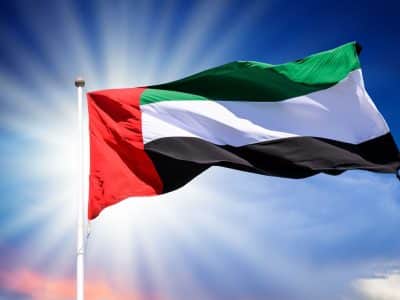Syria’s rate of inflation rose to 31.5 percent in April compared with the same month a year ago, as the cost of food products increased, the government’s Central Bureau of Statistics reported today.
The pace of increase is slower than the 30.8 percent recorded in March, the government agency’s figures showed.
The international sanctions and 15 months of political unrest in the country that have so far claimed more than 12,000 lives, according to United Nations estimates, have slowed the pace of economic growth. European and US sanctions have increased pressure on President Bashar al-Assad’s administration as fuel shortages and a depreciating currency further threaten the stability of the country.
Last month, Syria’s oil minister Sufian Allaw said international sanctions caused the country’s economy to lose US$4bn.
The country’s bourse, which had a total of six trades today, has dropped 40 percent since the uprising began in March of last year while the Syrian pound has lost as much as 45 percent of its value in the black market against the US dollar.
Syria’s economy contracted 3.4 percent in 2011 largely due to the unrest, while GDP is expected to shrink by 8.1 percent in 2012, according to the Economist Intelligence Unit.
President Assad appointed today Riyad Hijab, agriculture minister in the outgoing government, as the country’s new prime minister.








